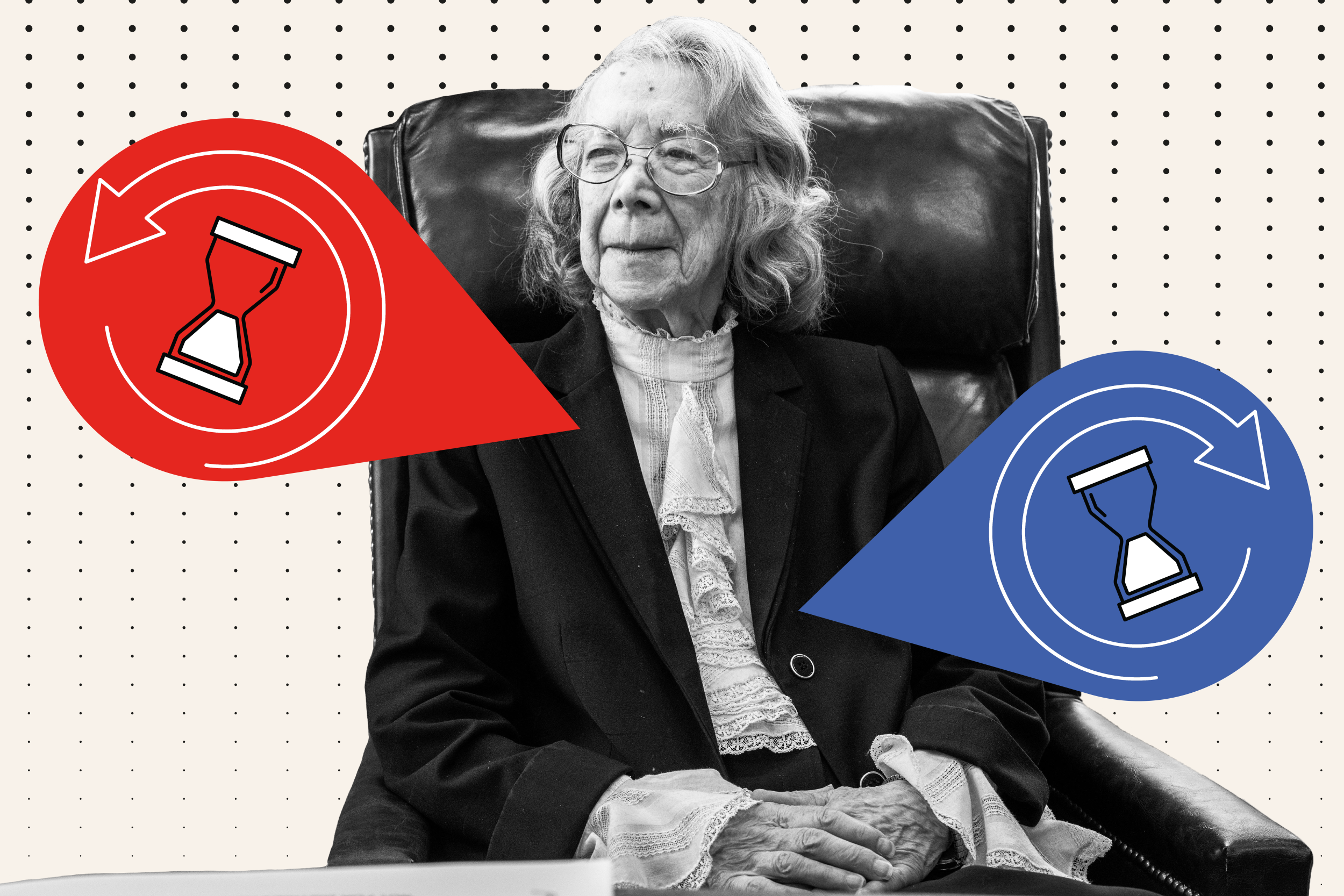An IT employee has shared their satisfaction after being denied a 10 percent pay rise by their employer, only to get offered another job with a 30 percent higher salary instead.
The person shared their initial frustration in a Reddit post, as user u/SmellySquirrel on July 5, when they "asked for a raise" because of all the extra tasks they had been given. Although they discovered that a 15 percent raise would be the average, they asked for 10 percent instead.
"Bossman would have none of it, gave me a list of reasons why I couldn't get a raise," the Reddit post explains. "The best was stupid bureaucracy stuff and the worst ones were really just nonsense, some were even mild to medium gaslighting.
"So, I got nothing. After this, the extra tasks kept piling on, advanced tasks like leading group projects and doing hiring interviews. Definitely not stuff that fits a junior pay."

Over the last two years, YouGov has been tracking how satisfied Americans are, on average, with the salary they earn through a twice-yearly questionnaire that began in January 2021. Generally, over those two years, a majority of people said they deserved to be paid more for the work they do, and the total was over 53 percent as of January 2023.
A surge in the cost of living and a tight labor market have been driving pressure for higher wages.
When the tracker started in January 2021, 43 percent of people said they were paid adequately for their work, but the latest results show that has now dropped to just under 39 percent. A much smaller number of people feel that they earn more than they should, with only two percent in the most recent figures.
Once the Redditor's request for a raise was rejected, they sought other avenues and interviewed at two other companies for a senior position instead. Fortunately, both interviews went positively and the individual received two job offers—leaving them in a much more positive position.
"So, I signed and handed in my resignation. Bossman incredibly surprised...management started panicking...they scrambled to make me a counteroffer too. But to match my new pay, they'd need to give me a >30 percent salary increase."
Despite the initial resentment towards their employer, the poster now appears far more satisfied, and even boastful that their boss "gambled and lost."
The Reddit post continues: "Bossman saved 5-10 percent by not giving me my raise, and now he'll have to hire my replacement at market rate, which would be +20 percent at the very least. Of course, due to the labor market it'll almost definitely be an external consultant, which means another 20 percent to 30 percent on top. So that's easily 40 percent more cost."
Asking for a pay rise can be daunting, but open communication and transparent policies is key on both sides of the negotiation, according to Marla J. Albertie. The certified professional career, executive and life coach at Truth Speaks Coaching suggests that employees demonstrate the positive impact they've had to prove they're worthy of more money, and managers should consider that employee's value.
Albertie told Newsweek: "To avoid situations where employees leave due to a denied raise, and the manager ends up hiring someone new at a higher salary, open communication is key.
"Managers should foster a transparent environment where employees feel comfortable discussing their career progression and compensation. Regular performance reviews and constructive feedback sessions can help identify deserving employees, and proactively address their salary concerns."
A higher salary isn't the only option, as Albertie also suggests offering bonuses, stock options, or "a mix of financial and non-financial incentives." Giving employees a sense of "recognition and fulfilment" should be the goal, regardless of how that's achieved.
"In the given scenario, the manager could have approached the situation differently by engaging in open and transparent communication with the employee," she continued.
"By understanding the employee's request and considering the long-term costs and benefits of retaining top talent, the manager could have explored alternatives to a raise, such as benefits or opportunities for career growth. This proactive approach could have prevented the employee from seeking options elsewhere and saved the company from incurring additional recruitment expenses."
Since the Reddit post was shared, it has generated more than 9,000 votes and hundreds of comments from supportive Redditors who have faced their own work difficulties.
One comment reads: "It's not about the cost, unless the company is failing, the money is always there. It's about power. It's about telling workers no and maintaining that position relative to labor."
Another person responded: "I think they also bank on employees not wanting the change in their life and so they'll put [up] with more for less money. This is why it is always important to be looking for a better job."
Newsweek reached out to u/SmellySquirrel via Reddit direct message for comment. We could not verify the details of the case.
Have you had a workplace dilemma? Let us know via life@newsweek.com. We can ask experts for advice, and your story could be featured on Newsweek.








